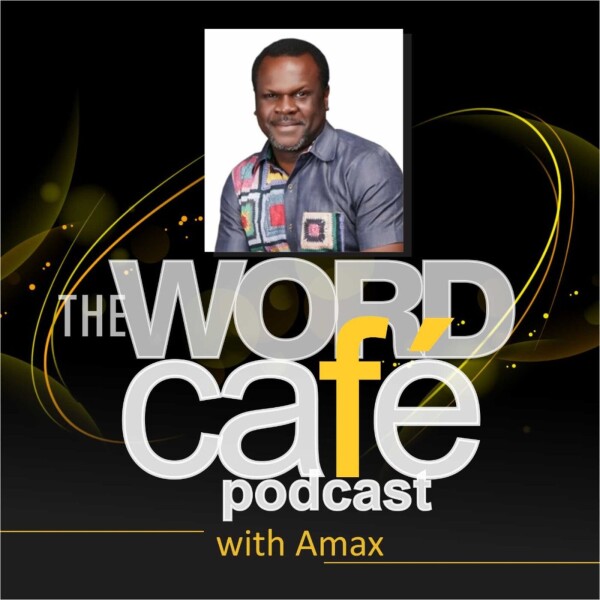S2 Ep. 136 A New HR Model
Jul 19, 2023 • S02 E136 • 00:23:45
In the recent past, the business environment has seen unprecedented evolutions on the back of change, and even continuous improvement cycles are trying to keep up with these changes. The above situation has thrown many organizations into panic mode, seeking solutions to these clear and present challenges. The Human Resources function has never been so challenged as it has been in the face of these challenges, and the practitioners within these spaces are grappling with the reality and working hard to come up with new models and styles in solving the problems.
Remember that each organization is unique, so the HR model should be tailored to your company's specific needs and culture. Regularly review and update the HR model to stay ahead of industry trends and ensure it continues to meet the needs of your workforce and business goals.
The general outline for designing a new HR model incorporates modern HR industry trends. Keep in mind that the field of HR is constantly evolving, so it's essential to stay up-to-date with the latest research and best practices.
1. Data-Driven HR Approach: Employ data analytics and technology to make informed decisions. Use data to measure employee performance, identify training needs, predict turnover rates, and optimize recruitment processes.
2. Employee Experience (EX): Focus on creating a positive employee experience. Happy employees are more engaged, productive, and likely to stay with the company. Implement strategies to enhance workplace culture, work-life balance, and professional development opportunities.
3. Diversity, Equity, and Inclusion (DEI): Develop initiatives promoting workplace diversity and inclusion. Ensure equal opportunities for all employees, regardless of background, and create a safe and inclusive work environment.
4. Remote Work and Flexibility: Embrace remote work and flexible work arrangements, especially after the global shift towards remote positions due to the COVID-19 pandemic. Provide employees with the tools and support needed to work efficiently from various locations.
5. Continuous Learning and Development: Establish a culture of continuous learning to foster employee growth and skill development. Offer training programs, mentorship opportunities, and employee resources to enhance their professional capabilities.
6. Agile HR and Adaptability: Adopt an agile approach to HR practices to respond quickly to changing business needs. Encourage HR teams to be adaptable and flexible in their strategies and processes.
7. AI and Automation: Incorporate artificial intelligence and automation into HR processes to streamline repetitive tasks, enhance candidate sourcing, and improve employee performance tracking.
8. Wellness and Mental Health Support: Prioritize employee well-being by offering wellness programs and mental health support. Addressing mental health challenges is crucial for maintaining a healthy and productive workforce.
9. Performance Management: Reevaluate traditional performance management systems and consider more continuous, feedback-based approaches. Regular check-ins, 360-degree feedback, and setting clear performance expectations are examples of modern performance management practices.
10. HR Technology Stack: Build an efficient HR technology stack that includes HRIS (Human Resources Information System), applicant tracking systems, employee engagement tools, performance management platforms, and learning management systems.
11. HR Metrics and Analytics: E
You can support this show via the link below;
https://www.buzzsprout.com/1718587/supporters/new

 Rss
Rss
 Breaker
Breaker
 Player.fm
Player.fm
 Radio Public
Radio Public